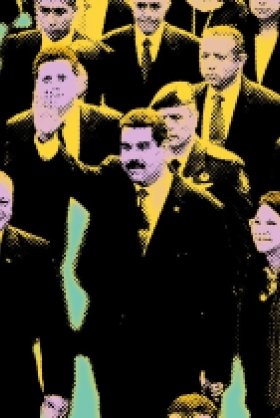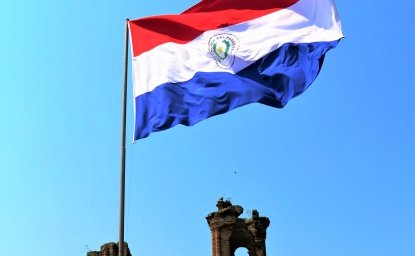Challenging Autocracy From the Front Lines


In a new report, “Challenging Autocracy from the Front Lines,” Leopoldo López, a Venezuelan opposition leader and a Public Policy Fellow in the Wilson Center’s Latin America Program, argues that “the cooperation of nations like Venezuela, Iran, Russia, Cuba, China, Belarus, Zimbabwe, and others should be recognized as an interest-based, transnational attempt to undermine democracy and make the world safer for authoritarianism.”
López details the tactics employed by this “autocratic network” to strengthen dictatorships and repress pro-democracy movements, including military cooperation, the spread of technology for surveillance and censorship, support for sanctions evasion, and the transnational harassment of dissidents. Drawing on his experience as an opposition leader and political prisoner, and conversations with pro-democracy activists worldwide, López argues that the international response to the “autocratic network” must involve greater cooperation among pro-democracy movements worldwide and far more robust international support.
Author

National Coordinator of the Voluntad Popular political party, Venezuela

Latin America Program
The Wilson Center’s prestigious Latin America Program provides non-partisan expertise to a broad community of decision makers in the United States and Latin America on critical policy issues facing the Hemisphere. The Program provides insightful and actionable research for policymakers, private sector leaders, journalists, and public intellectuals in the United States and Latin America. To bridge the gap between scholarship and policy action, it fosters new inquiry, sponsors high-level public and private meetings among multiple stakeholders, and explores policy options to improve outcomes for citizens throughout the Americas. Drawing on the Wilson Center’s strength as the nation’s key non-partisan policy forum, the Program serves as a trusted source of analysis and a vital point of contact between the worlds of scholarship and action. Read more






